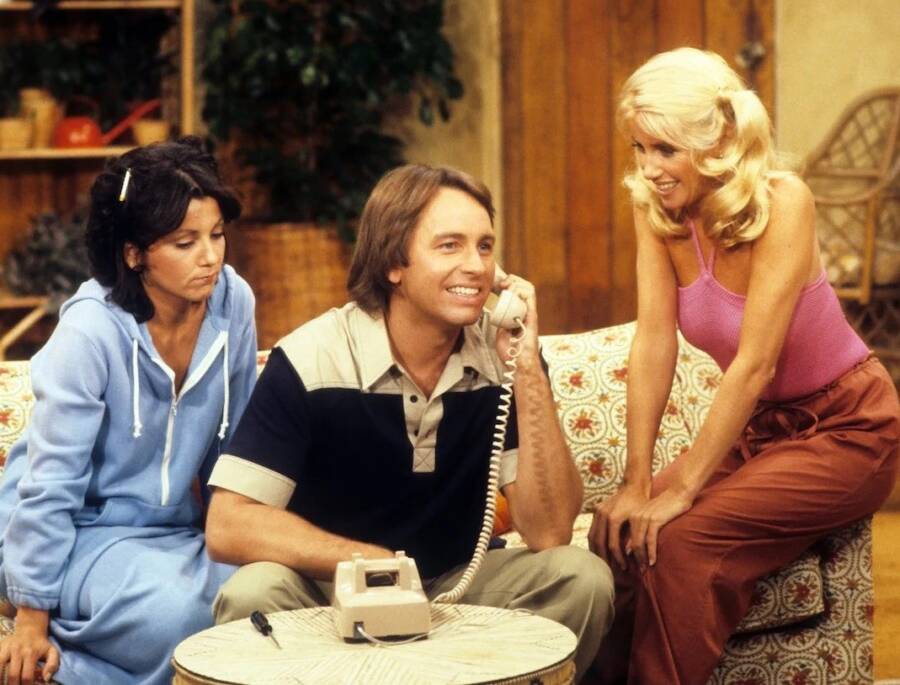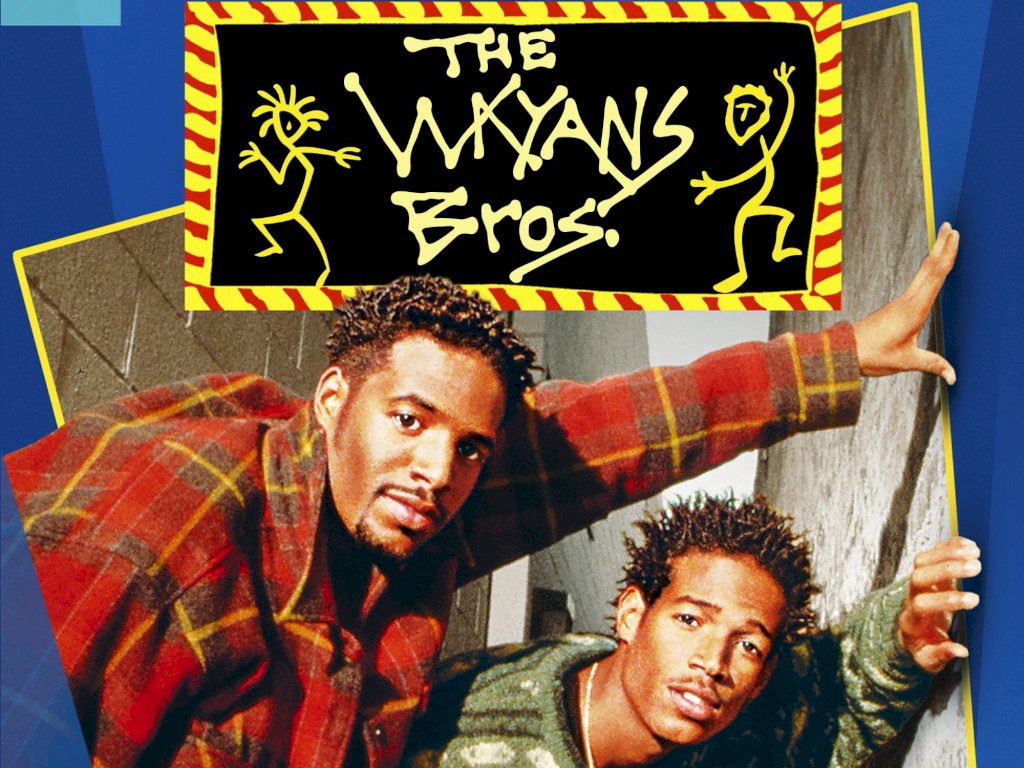"Come and knock on our door…" These iconic lyrics are instantly recognizable to anyone familiar with "Three's Company," one of the most beloved and enduring sitcoms in television history. Airing from 1977 to 1984, this uproarious comedy series delighted audiences with its humor, memorable characters, and boundary-pushing storyline. In this comprehensive 3000-word article, we'll take a deep dive into the world of "Three's Company," exploring its origins, characters, cultural impact, and lasting legacy.
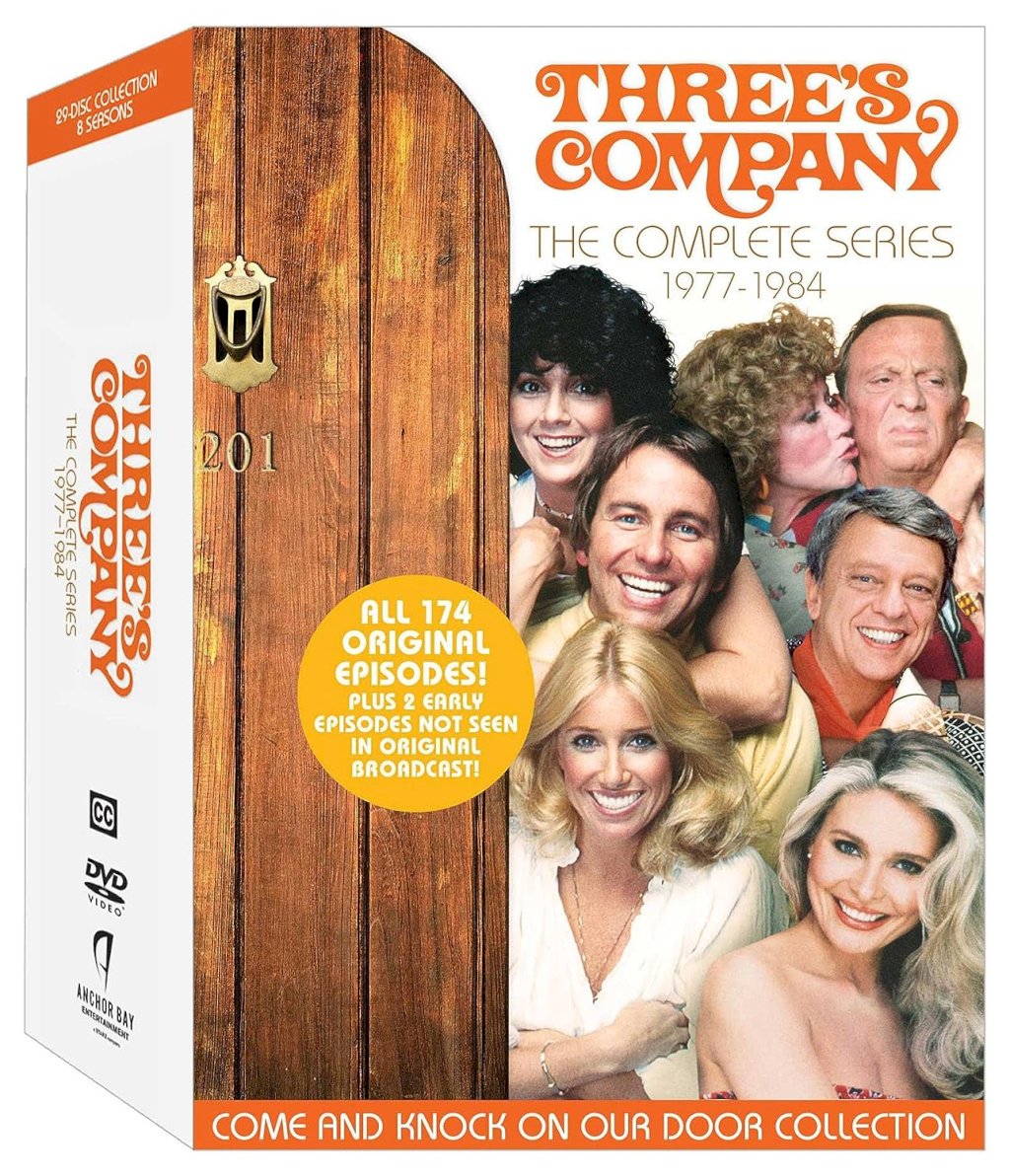
Plot and Setting
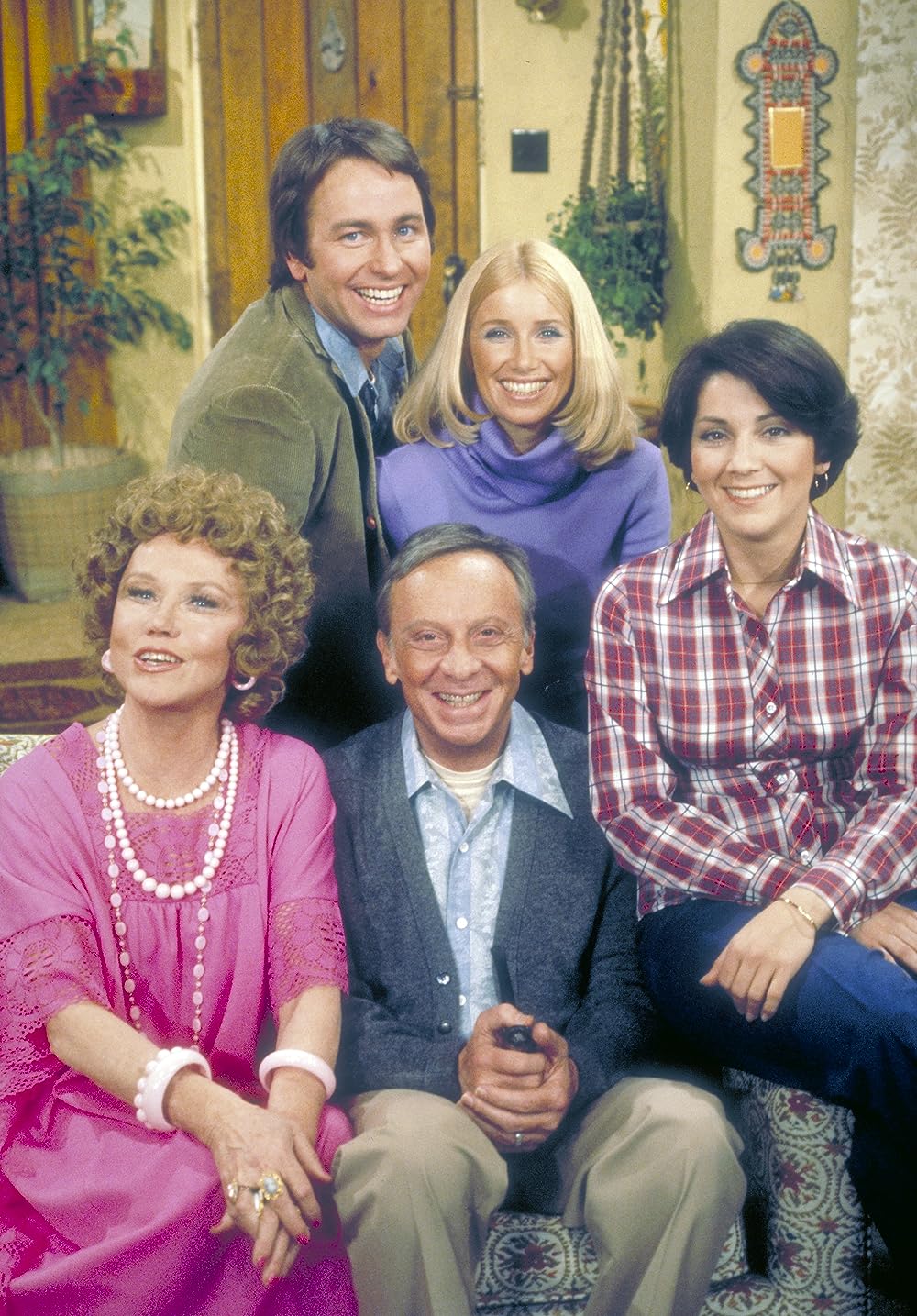
"Three's Company" is set in Santa Monica, California, and revolves around the misadventures of Jack Tripper (played by John Ritter), a young man who shares an apartment with two single women, Janet Wood (played by Joyce DeWitt) and Chrissy Snow (played by Suzanne Somers).
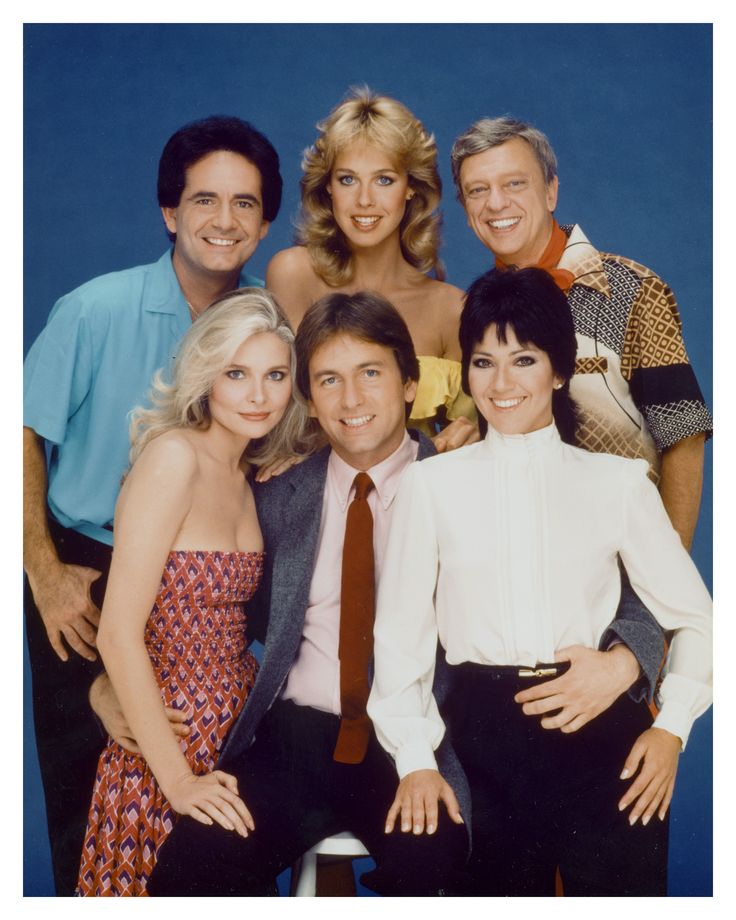
To avoid potential conflicts with their conservative landlord, Mr. Roper (played by Norman Fell), and his wife, Mrs. Roper (played by Audra Lindley), Jack pretends to be gay, leading them to believe that their living arrangement is strictly platonic. This comedic misunderstanding sets the stage for a series of humorous situations, often involving mistaken identities and risqué misunderstandings.
The Racy Premise
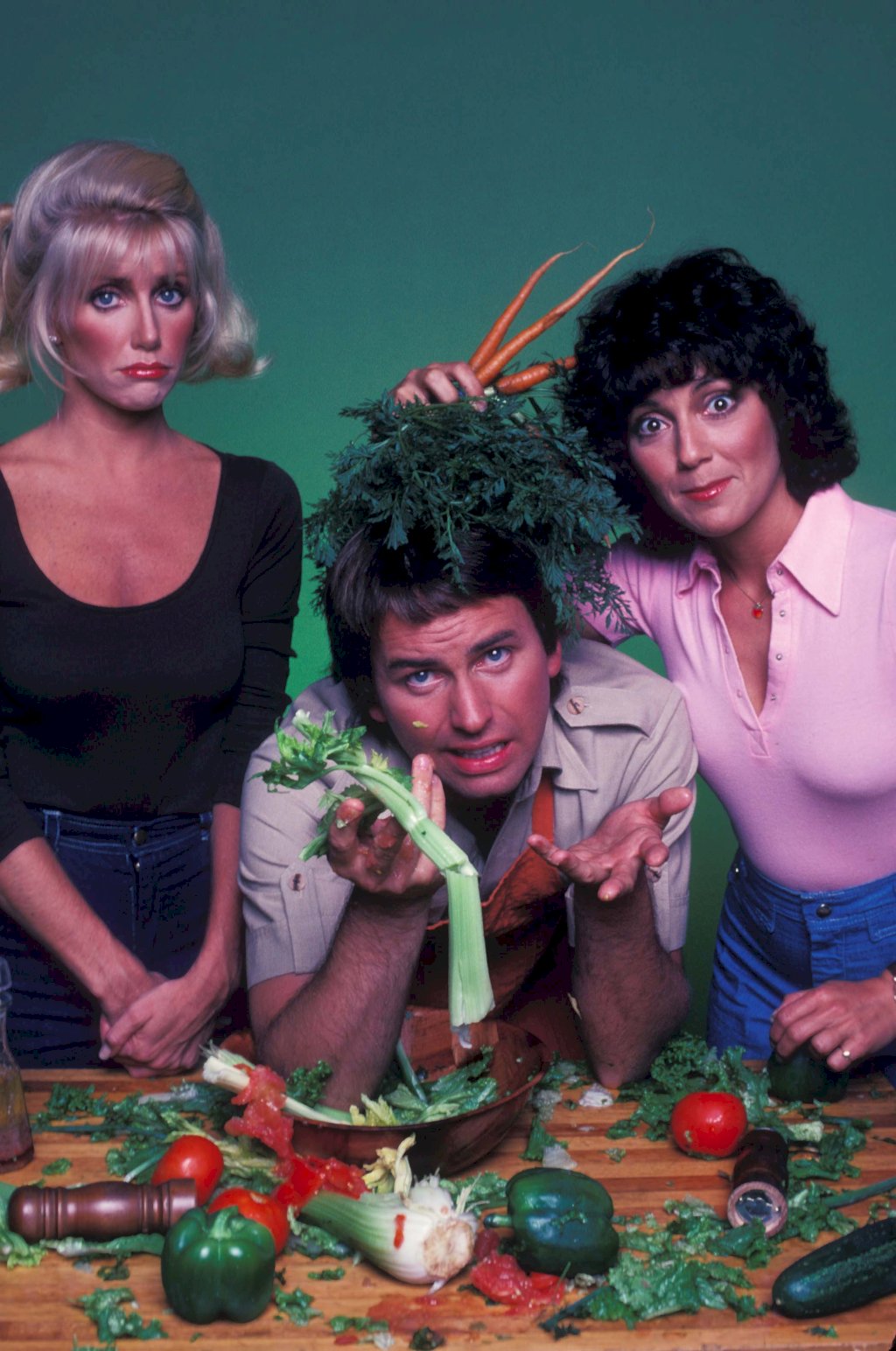
"Three's Company" was daring for its time due to its racy premise, which revolved around the taboo subject of cohabitation between unmarried men and women. In the 1970s, conservative societal norms frowned upon the idea of unrelated individuals of the opposite sex living together, leading to misunderstandings and potential scandals.
The show used this premise as a foundation for its comedic situations, creating a series of misunderstandings and awkward encounters that kept audiences entertained and laughing. While some critics raised concerns about the show's portrayal of cohabitation, "Three's Company" managed to navigate these sensitive topics through humor and charm.
The Charm of John Ritter

At the center of "Three's Company" was the charismatic and talented John Ritter, whose portrayal of Jack Tripper became the heart and soul of the show. Ritter's physical comedy, impeccable timing, and lovable personality endeared him to viewers, making Jack Tripper one of the most beloved characters in television history.
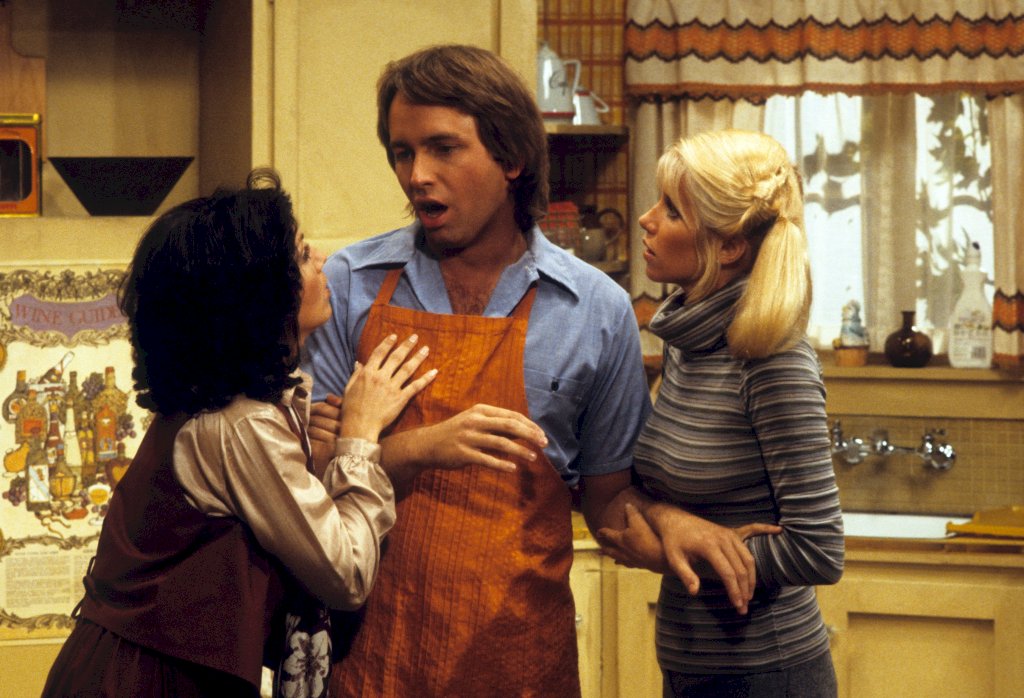
Ritter's comedic brilliance earned him a Golden Globe Award for Best Actor in a Television Series - Musical or Comedy in 1984, and he remains an enduring figure in the pantheon of American television stars.
The Chemistry of the Cast
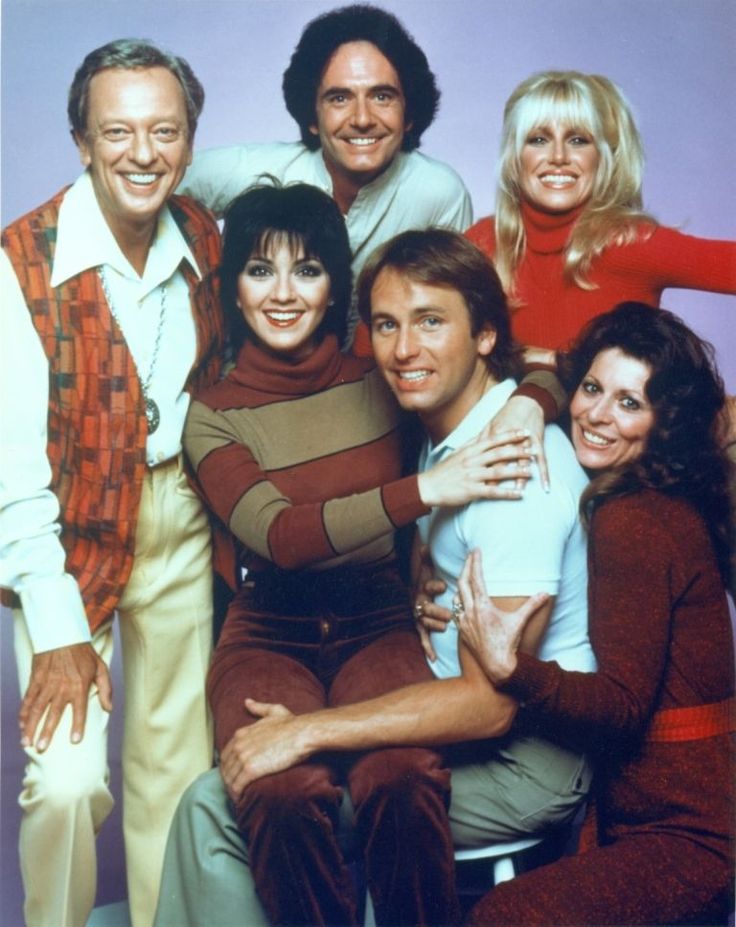
The chemistry among the cast members was a significant factor in the show's success. The friendship and camaraderie between Jack, Janet, and Chrissy (and later, Cindy and Terri) felt genuine and natural, adding depth and heart to the comedic situations.
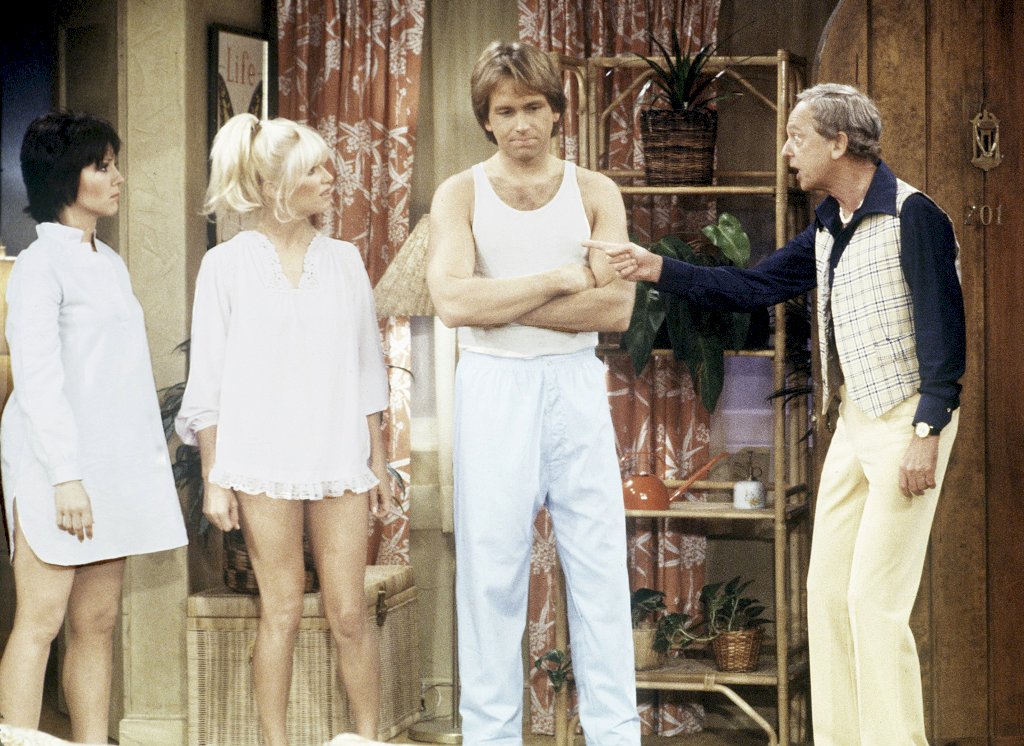
The comedic interactions between Jack and Mr. Roper, as well as the quirky and often hilarious behavior of Mrs. Roper, provided additional layers of humor and made the supporting characters as memorable as the main cast.
Controversial Themes and Censorship
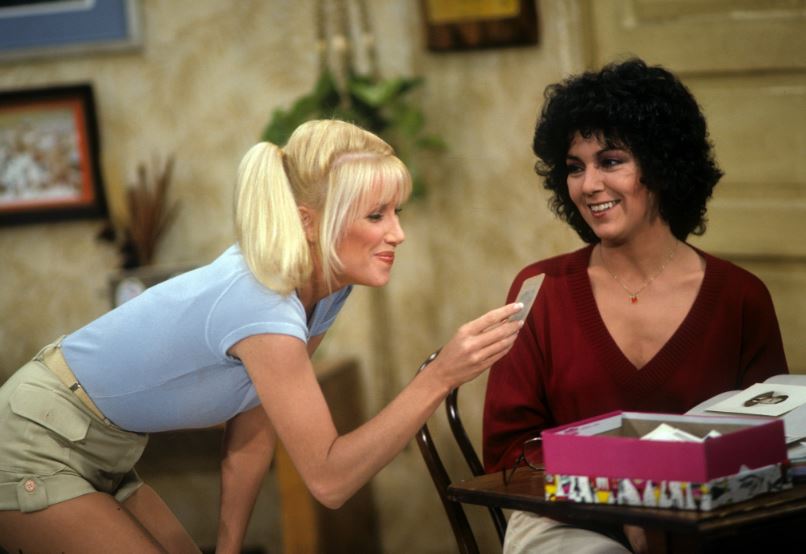
Due to its portrayal of cohabitation and its risqué humor, "Three's Company" faced some controversies and censorship during its run. Some viewers and critics criticized the show for its alleged promotion of promiscuity and casual relationships.
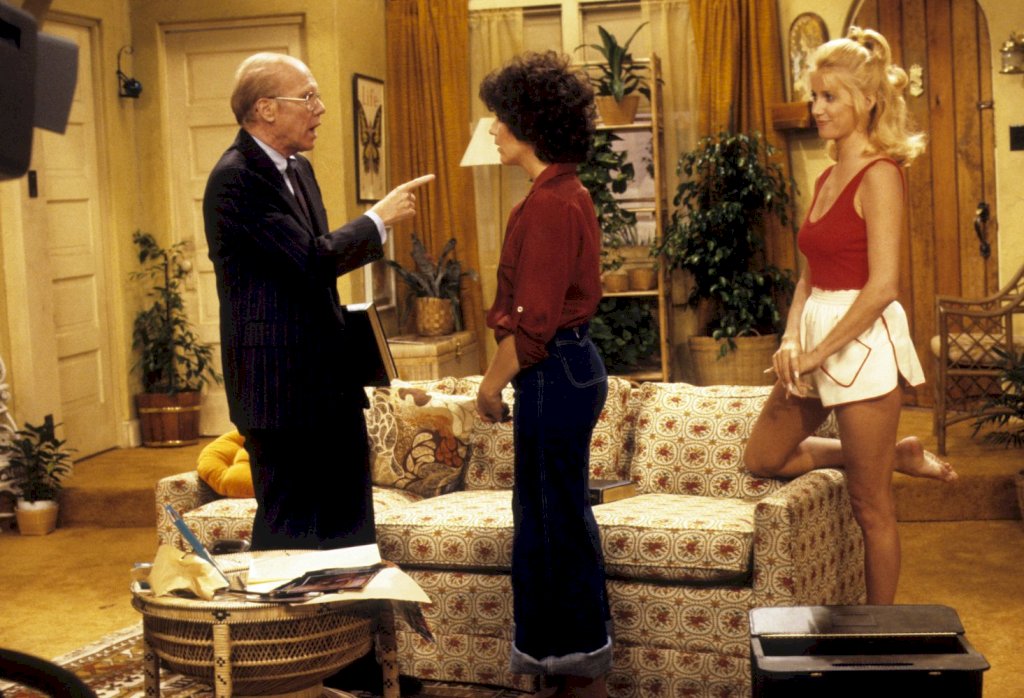
In response to these concerns, the show's writers and producers had to navigate the delicate balance between pushing boundaries and maintaining a level of appropriateness for television audiences of the time. As a result, the show sometimes used innuendos and suggestive humor to skirt censorship restrictions.
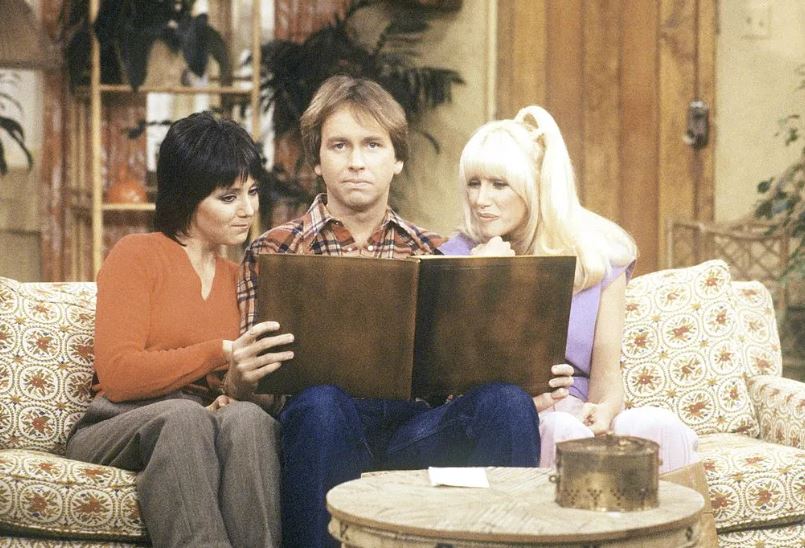
Despite these challenges, "Three's Company" continued to push the envelope and maintain its popularity, proving that audiences were receptive to its comedic approach to controversial themes.
The Spin-Offs
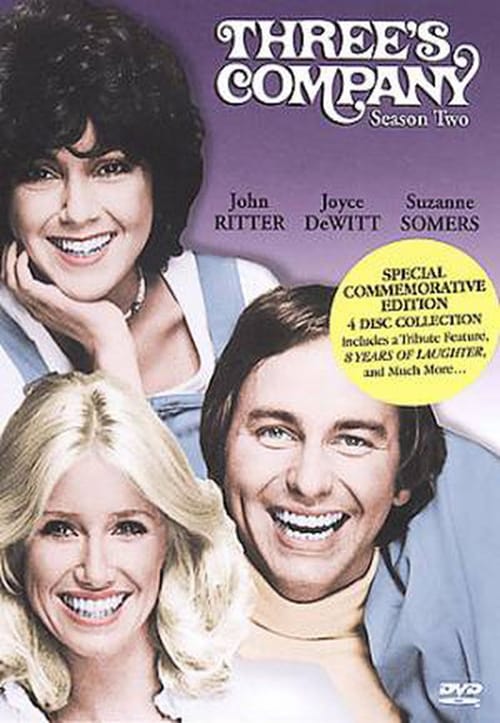
"Three's Company" was so successful that it inspired several spin-off series. "The Ropers" followed the Roper couple after they moved to a new community, and it aired from 1979 to 1980. Though not as successful as its predecessor, "The Ropers" continued to explore comedic situations involving the beloved characters.
Another spin-off, "Three's a Crowd," continued the story of Jack Tripper after he entered a serious relationship with Vicky Bradford (played by Mary Cadorette). The show aired from 1984 to 1985 and provided a continuation of the "Three's Company" legacy.
Embracing LGBTQ Representation
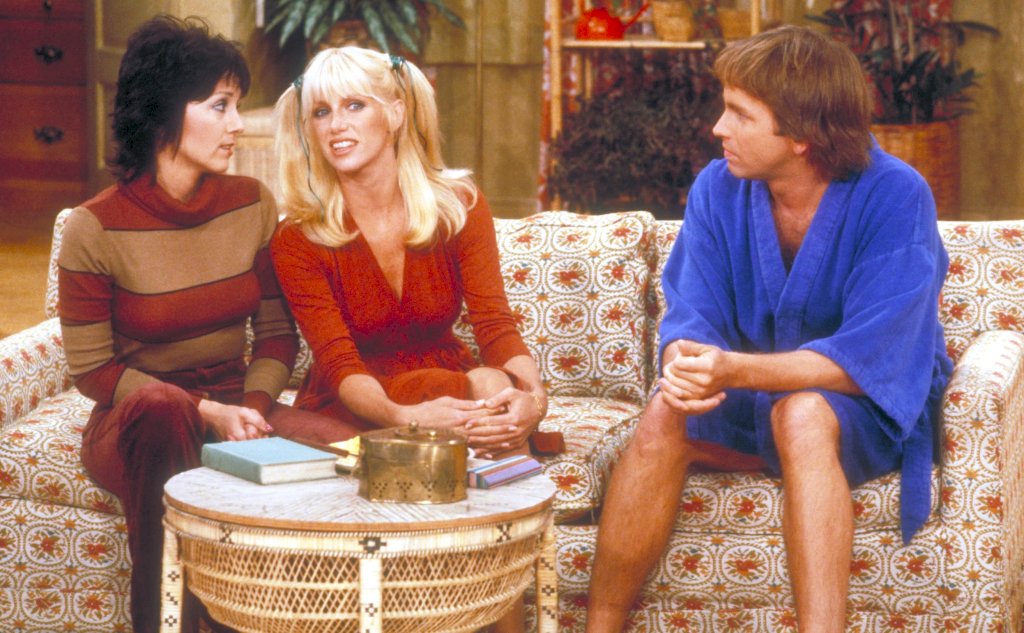
As societal attitudes evolved, "Three's Company" found an unexpected ally in the LGBTQ community. While Jack's initial pretense of being gay may have raised eyebrows during the show's original run, it was later recognized as an unintentional form of LGBTQ representation.
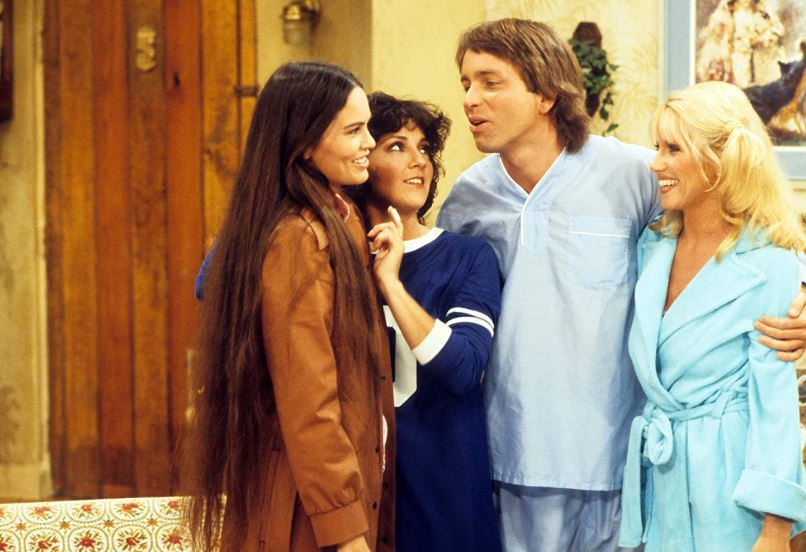
In retrospect, "Three's Company" became celebrated for helping to pave the way for greater LGBTQ visibility and understanding in popular culture. The show's accidental subversion of traditional gender roles and the acceptance of Jack by the Ropers, despite their misunderstanding, resonated with LGBTQ audiences seeking representation and acceptance on television.
Legacy and Enduring Popularity
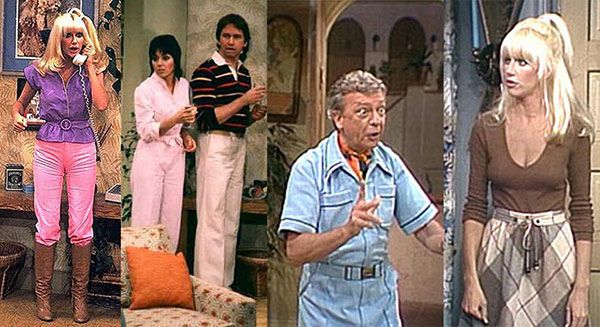
"Three's Company" remains a beloved sitcom that continues to enjoy a dedicated fan base in syndication and online streaming platforms. Its comedic charm, memorable characters, and iconic catchphrases have stood the test of time, captivating new generations of viewers.
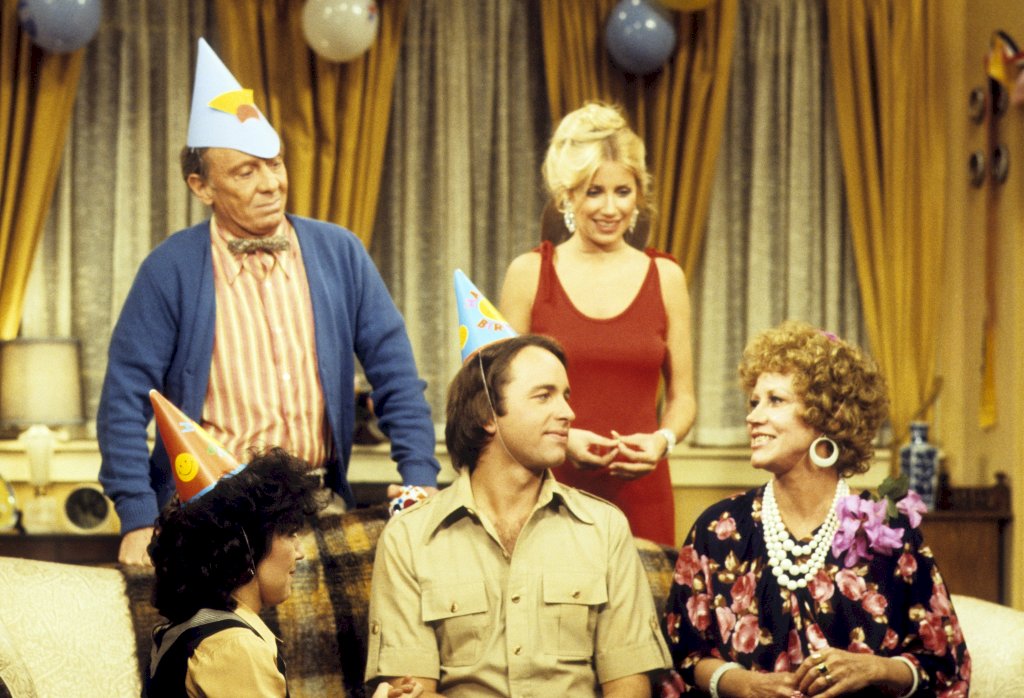
The show's influence on future sitcoms and the broader television landscape cannot be underestimated. "Three's Company" demonstrated that humor and entertainment could be used to explore taboo subjects and challenge societal norms, paving the way for other shows to tackle controversial themes with wit and creativity.
Conclusion
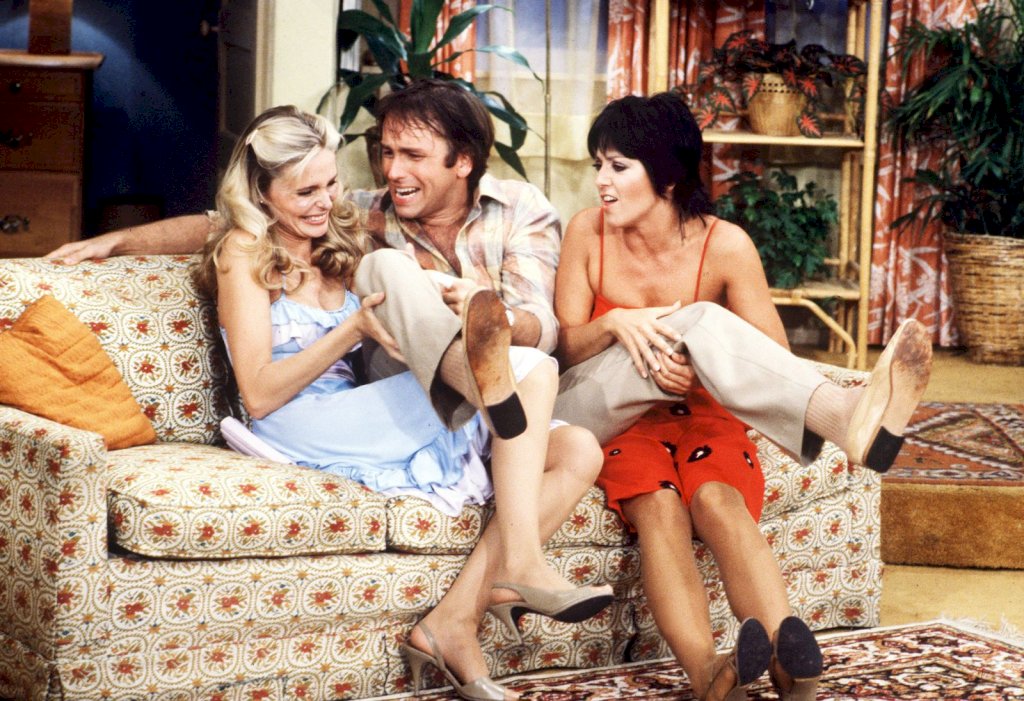
"Three's Company" was more than just a sitcom; it was a groundbreaking show that challenged societal norms and redefined the boundaries of television comedy. With its racy premise, lovable characters, and witty humor, the show charmed audiences and left a lasting impact on the television landscape.
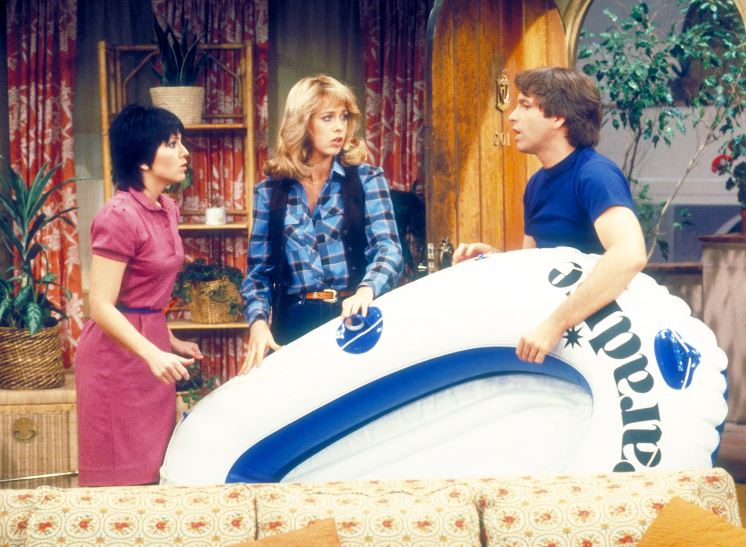
John Ritter's portrayal of Jack Tripper remains a masterclass in physical comedy and comedic timing, and the chemistry among the cast members added depth and heart to the show's comedic situations.
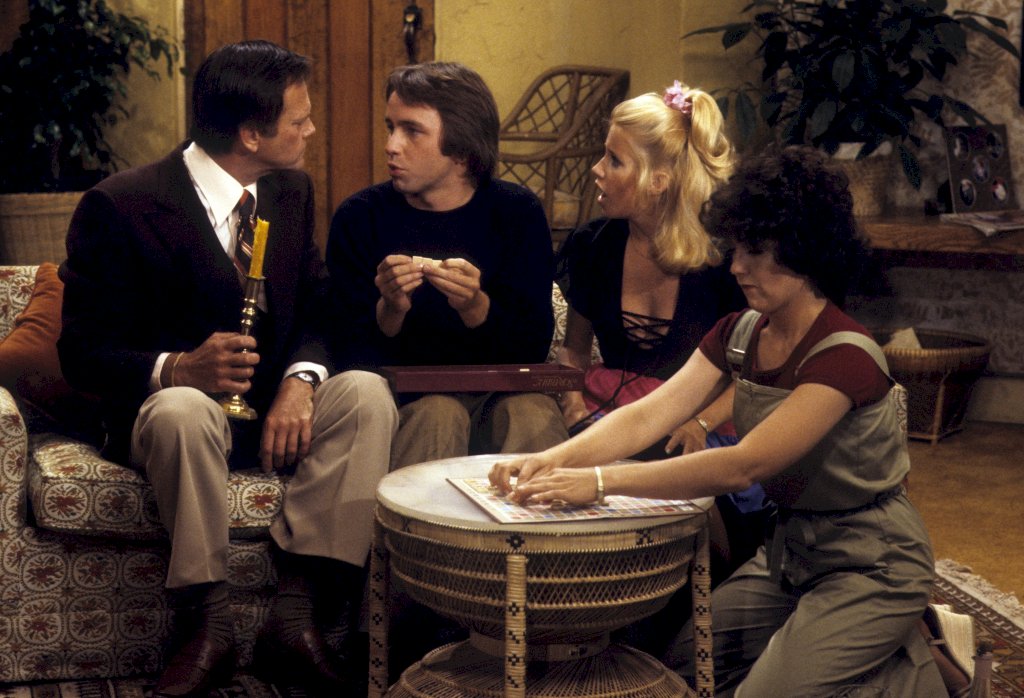
Despite initial controversies and censorship challenges, "Three's Company" ultimately embraced its place in television history as a trailblazing show that tackled taboo subjects with humor and charm. As viewers continue to revisit and celebrate the misadventures of Jack, Janet, Chrissy, and their friends, the legacy of "Three's Company" as a groundbreaking and beloved American sitcom endures, ensuring its place in the hearts of audiences for generations to come.
